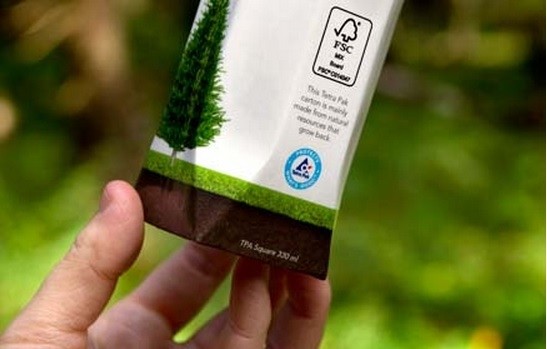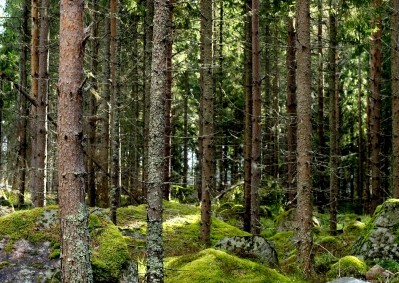Tetra Pak: ‘We can’t sit back and say there will always be paper available’

Green Week, an annual conference on European environment policy, took place in Brussels on June 3-5. The theme was circular economy, resource efficiency and waste.
Mario Abreu, global director environmental performance, Tetra Pak, was a speaker on sustainable sourcing. He told FoodProductionDaily.com resource efficiency means looking at all parts of the packaging life cycle, including the materials used, renewability, and energy consumption.
Control risk
“If we focus on the packaging business, what we want to do is minimize the amount of resources, make sure the resources are responsibly produced, coming from the right place, and deliver what packaging is for – protecting and keeping food safe,” he said.
Aside from an environmental responsibility, resource efficiency is needed to secure the supply chain and control risks such as increased energy costs or reduced availability, Abreu added.
“One example [at yesterday’s Green Week session] was coffee in Brazil. A big drought this year would affect coffee prices here next year. Can Europe always rely on resources from other parts of the world? We should be looking deeper into our own supply chains and understand how to make them sustainable in the future. That is where the role of renewables - in general, and for paper and packaging - really start to shine.”
Abreu said businesses need to take responsibility for sustainability across their supply chains.
“I think you need to understand your supply chains and what you have in place to mitigate risk. We can’t sit back and say there will always be paper available. We can’t think like that. We want to understand and influence.”
“What really matters is we [Tetra Pak] have decided to look across the entire value chain. That means areas we don’t control ourselves, but can influence.”
As an example, the company aims to use 100% Forest Stewardship Council (FSC) certified paperboard. This percentage has risen from 38% in 2012 to 41% in 2013.
“We have been really committed to certifying the paperboard we use, with the Forest Stewardship Council. But we don’t see our role as [just] going back to the paper supplier and saying it needs to be certified, but working to make forest certification available and talk with SMEs that are smallholders and engage them in the certification process.
"If this happens, more certified wood is available that our suppliers can buy and exchange with us.”












